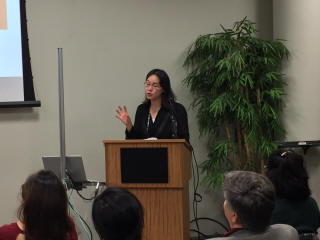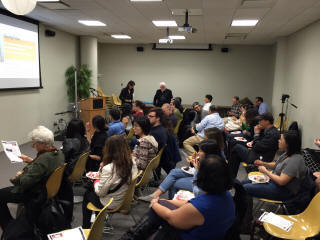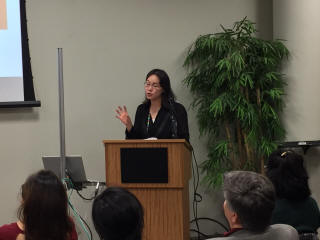
Tiger Mom. Asian patriarchy. Model minority children. Generation gap. The mainstream discourse has drawn on many generic concepts to describe the prototypical Asian family, which have given rise to two versions of the Asian immigrant family myth. The first celebrates Asian families for upholding the traditional heteronormative ideology of the “normal (white) American family” based on a hard-working male breadwinner and a devoted wife/ mother who raises obedient children. The other demonizes Asian families around these very same cultural values by highlighting the dangers of excessive parenting, oppressive hierarchies, and emotionless pragmatism in Asian cultures. In Saving Face, Angie Chung shatters these one-dimensional portrayals of Asian families and reveals the emotional complexities of family relations in a changing economy through the eyes of adult-age Korean and Chinese Americans.

Based on the moving narratives of daughters and sons of immigrant families, Chung explores how the family roles American-born children assume in adaptation to their specific family circumstances have informed the way they view ethnicity and practice culture as adults. Although they know little about their parents’ lives, the author reveals how Korean and Chinese Americans assemble fragments of their childhood memories, kin-scripted narratives, and racial myths to make sense of their family experiences. Chung argues that this process of managing their feelings helps them to ease the emotional and economic strains of immigrant family life and to rediscover love and empathy through new modes of communication and caregiving. However, the book ultimately finds that these adaptive strategies come at a considerable social and psychological cost that do less to reconcile the racial contradictions and economic strains that minority immigrant families face today.
URL: https://www.rutgersuniversitypress.org
Co-sponsor
CUNY Graduate Center – Immigrant Seminar Series


